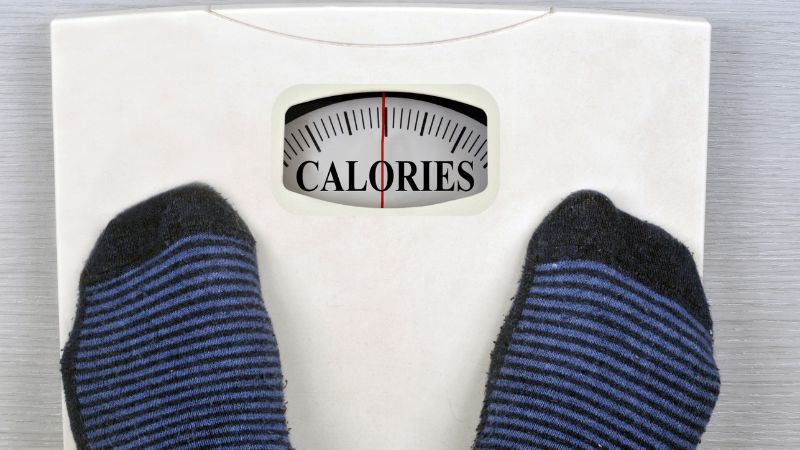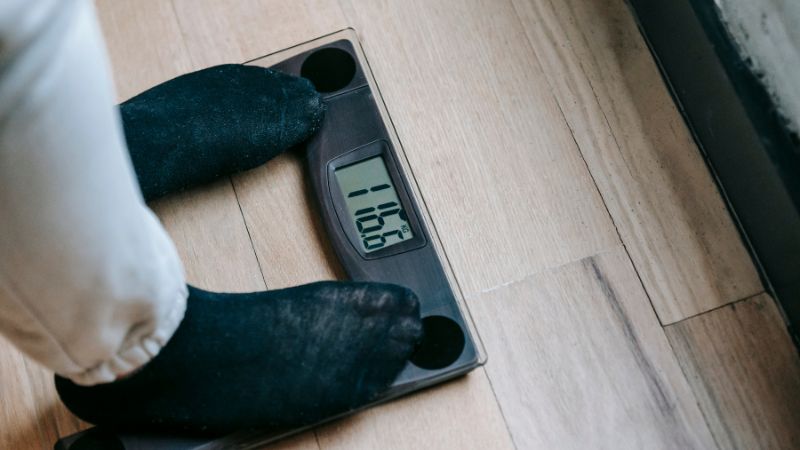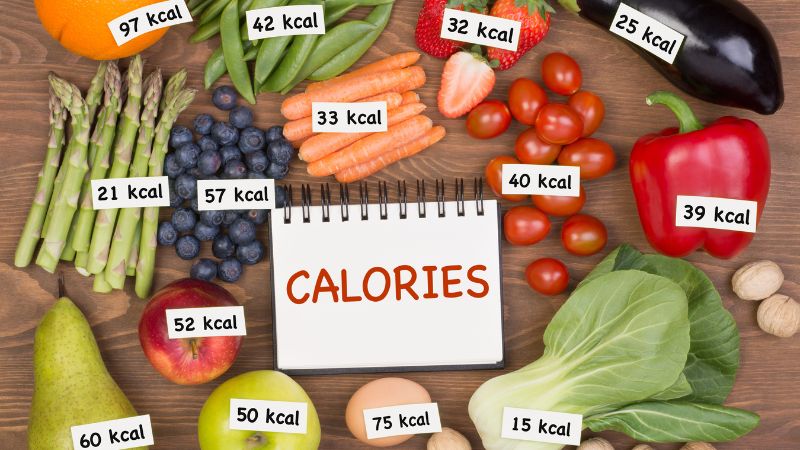Are you curious about how many calories you need to burn to lose weight? Specifically, how many calories are in a kilogram? This is a common question for those looking to shed some pounds. Today, we’ll answer this question and provide valuable insights to help you on your weight loss journey.
1 How Many Calories in a Kilogram?
 One kilogram is equivalent to 7,700 calories.
One kilogram is equivalent to 7,700 calories.
To understand this relationship, it’s important to know that a kilogram is a unit of weight, while a calorie is a unit of energy provided by food or burned through physical activity. Research shows that losing one kilogram of weight requires a deficit of 7,700 calories, or burning 1,000 calories to lose 0.13 kilograms.
2 Can You Lose One Kilogram in a Week?
It is possible to lose one kilogram in a week, but this depends on various factors such as your starting weight, activity level, diet, and other variables.
 Can you lose one kilogram in a week?
Can you lose one kilogram in a week?
For individuals without excess body fat, attempting to lose one kilogram per week may not be advisable as it could lead to unnecessary pressure and fatigue. Ultimately, it’s important to adopt a healthy approach to weight loss and avoid extreme measures that may compromise your health.
3 What’s the Safest Weekly Weight Loss?
 What’s the safest rate of weekly weight loss?
What’s the safest rate of weekly weight loss?
According to research, a safe and reasonable rate of weight loss is around 0.3%-1% of your body weight per week. For example, if you weigh 100 kilograms, a healthy weekly weight loss would be between 0.3 kilograms and 1 kilogram. This calculation can be applied to determine your ideal weekly weight loss based on your starting weight.
4 How to Control Calorie Intake for Weekly Weight Loss
Calorie Intake Control
 Control your calorie intake
Control your calorie intake
Managing your calorie intake involves paying attention to your diet and nutrition. Nutrition accounts for 70% to 80% of your weight loss or gain. Here are some tips to enhance the effectiveness of your weight loss efforts:
Choose nutrient-dense, low-calorie foods. These foods will keep you feeling fuller for longer and reduce cravings. Additionally, calories from protein contribute to stronger muscles, enabling you to maintain a consistent exercise routine.
Here are some important considerations for effective weight loss:
- Avoid sugary foods, refined carbohydrates, carbonated drinks, and greasy foods.
- Drink plenty of water, especially before meals, to curb your appetite.
- Divide your daily meals into smaller portions instead of eating large amounts in one sitting.
Calorie Burn Control
 Combine improved nutrition with regular exercise.
Combine improved nutrition with regular exercise.
You can control the number of calories you burn by engaging in physical activity and exercise. Simply reducing your calorie intake without exercising can leave you feeling tired and drained. Consider incorporating simple activities like walking or running into your routine, or try more intensive workouts like gym sessions or yoga for faster results.
We hope you found this information helpful in understanding the calorie requirements for weight loss. Thank you for reading, and be sure to check out our website for more informative articles like this one!
Source: Vinmec
































